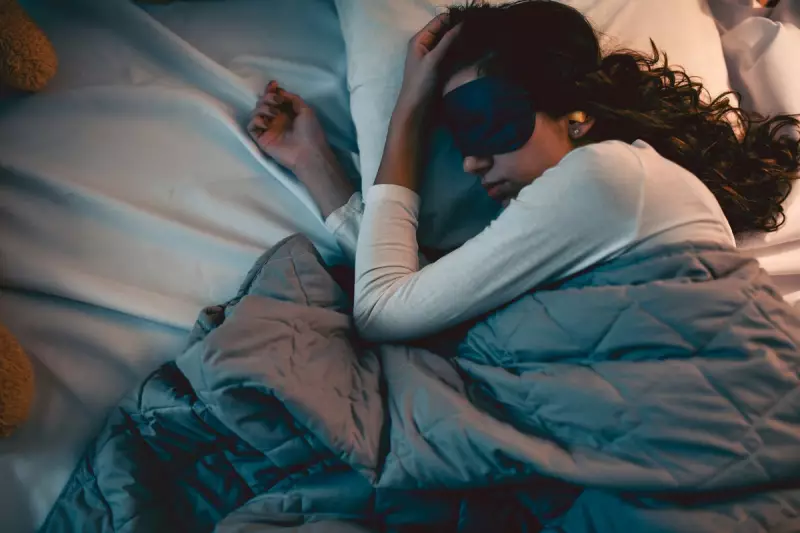
Have you ever found yourself staring at the ceiling at 3am, wide awake despite being exhausted hours earlier? You're not alone - and science reveals this frustrating phenomenon has deep biological roots.
The 3am Wake-Up Call: More Than Just Bad Luck
Sleep experts explain that waking around 3am isn't random misfortune but rather a clash between our ancient biology and modern lifestyles. Our circadian rhythms - the internal 24-hour clock governing sleep-wake cycles - are being constantly disrupted by artificial light, screen time, and round-the-clock connectivity.
The Perfect Storm of Sleep Disruption
Several factors conspire to create the 3am waking pattern:
- Circadian mismatch: Our bodies evolved to sleep when dark and wake when light, but artificial lighting and devices confuse this natural programming
- Stress accumulation: Daytime anxieties often surface during the night's quietest hours
- Temperature fluctuations: Core body temperature naturally dips overnight, sometimes triggering wakefulness
- Cortisol spikes: Stress hormone levels can unexpectedly rise during early morning hours
Breaking the 3am Cycle: Practical Solutions
Rather than fighting wakefulness, experts recommend embracing certain strategies:
- Resist checking the time: Clock-watching increases anxiety about lost sleep
- Avoid bright screens: The blue light from phones and tablets further disrupts sleep signals
- Practice relaxation techniques: Gentle breathing exercises can help return you to sleep
- Create a sleep-conducive environment: Ensure your bedroom is dark, cool, and quiet
- Establish consistent routines: Regular sleep and wake times reinforce natural rhythms
When to Seek Professional Help
While occasional 3am wakefulness is normal, persistent patterns affecting daytime functioning may indicate underlying sleep disorders or health issues requiring medical attention.
Understanding that 3am waking stems from biological mechanisms rather than personal failure can be the first step toward reclaiming restful nights and productive days.





